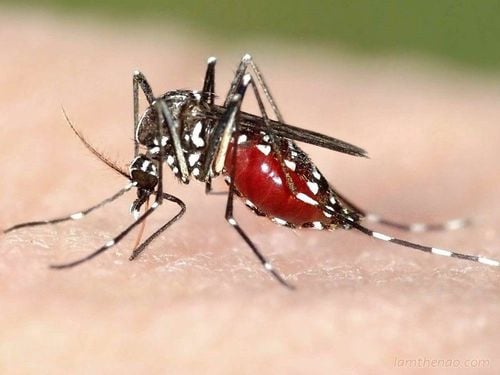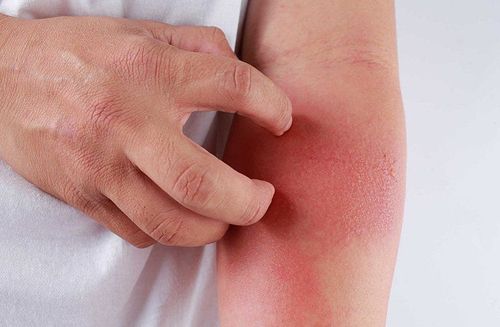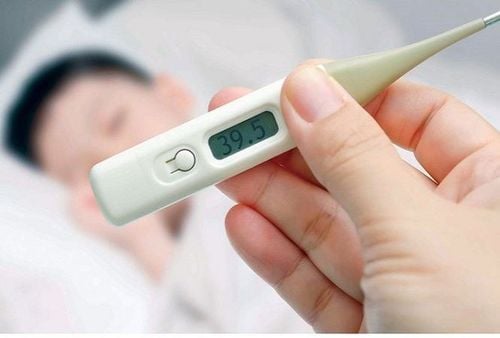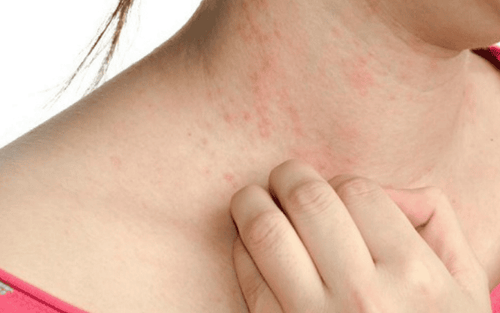This is an automatically translated article.
This article was professionally consulted with Master, Doctor Nguyen Thi Nhat - Infectious Disease Specialist - Department of Medical Examination & Internal Medicine - Vinmec Hai Phong International General Hospital.When noticing symptoms of severe dengue, patients need to go to a medical facility for timely examination and treatment, avoiding self-treatment at home, which can lead to very serious complications.
1. Severe dengue symptoms
When dengue patients develop severe dengue hemorrhagic fever, usually 3-7 days after disease onset. At this point, the body temperature has dropped somewhat, but that does not necessarily mean that the patient is recovering. On the contrary, patients need to be closely monitored for symptoms of severe dengue fever:Acute abdominal pain Persistent vomiting Bleeding gums Vomiting blood Rapid breathing Fatigue, restlessness
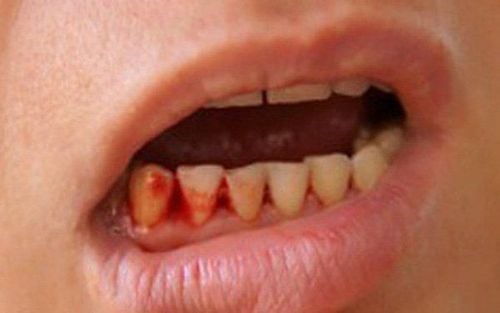
Chảy máu chân răng là một triệu chứng bệnh sốt xuất huyết nặng
Plasma leakage has the potential to lead to shock and fluid retention risk associated with respiratory failure. Severe bleeding Severe organ failure, life-threatening.
2. How to handle when you see symptoms of dengue fever get worse

Bệnh nhân khi có những triệu chứng nặng cần được đến cơ sở y tế để được thăm khám
Note, people who have shown signs of recovery after being infected with a strain of dengue virus have lifelong immunity to that strain. However, they still have the possibility of becoming infected with other strains of the virus and progressing to severe dengue hemorrhagic fever.
When severe dengue symptoms appear, the patient must immediately see a doctor and need to be hospitalized to actively follow up and seek treatment for the disease.
If the patient is detected early and treated promptly, the case fatality rate is less than 1%. In general, however, most patients will experience very uncomfortable severe dengue symptoms.
In summary, timing of diagnosis and treatment is very important. When noticing signs of fever, taking fever-reducing drugs is not effective, in an epidemic area, people should think about the possibility of dengue fever. Especially, for the elderly, young children, people with chronic diseases, etc., they should be examined early because there is a possibility that the symptoms of dengue fever will worsen in the first days of illness onset.
Please dial HOTLINE for more information or register for an appointment HERE. Download MyVinmec app to make appointments faster and to manage your bookings easily.





